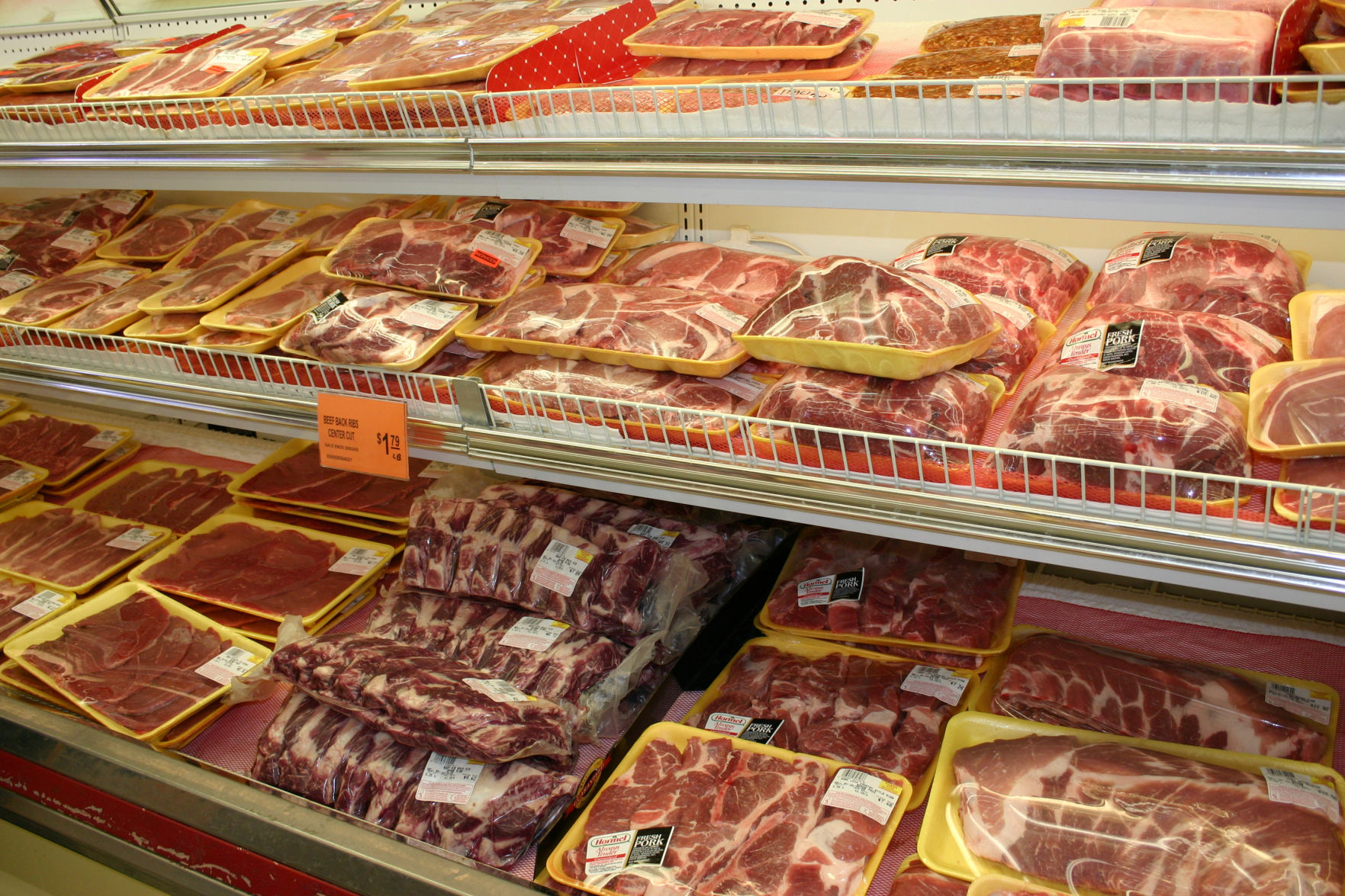Leaders of the North American Meat Institute and Memphis Meats, a San Francisco-based company developing meat that would be produced by replicating cells, Aug. 23, jointly called on the Donald Trump administration to clarify the regulatory framework for cell-based meat and poultry products.
The two entities said in a letter to President Donald Trump they wished for a framework based on the existing comprehensive system that ensures United States consumers enjoy the safest and most affordable food in the world.
“Existing law and practice, as well as longstanding precedent, demonstrate that both the U.S. Food and Drug Administration and the U.S. Department of Agriculture have roles to play in regulating cell-based meat and poultry products. To ensure the regulatory system protects consumers while fostering innovation, it is imperative that the agencies coordinate and collaborate in their efforts, consistent with established policy,” the letter said.
Cell-based products such as the ones Memphis Meats are developing have been given several different monikers, from cultured meat, to clean meat and fake meat during the regulatory debate. In their letter to Trump, NAMI and Memphis Meats offer the term “cell-based meat and poultry” as the proper terminology for products of the technology.
“As leaders and partners in meeting the world’s protein needs, we know that large-scale production methods, small-scale farming and cell-based meat and poultry production methods will all play a role. Cell-based meat products are meat produced from animal cells in cell culture. They are an ‘and,’ not an ‘or,’ solution, and the latest in a long history of innovation in American agriculture. Recognizing a shared desire to support innovation and feed the world, moving forward we will use the term ‘cell-based meat and poultry’ to describe the products that are the result of animal cell culture,’ the letter said.
“As an industry, we are uncompromising on product safety and we recognize the importance of consumer transparency. We support a fair and competitive marketplace that lets consumers decide what food products make sense for them and their families, and the existing regulatory framework can achieve these goals.
As is the case for other new or novel foods or food ingredients, including those made from or otherwise used in meat and poultry products, FDA should have oversight over pre-market safety evaluations for cell-based meat and poultry products.”
The letter then gives some historical background in which USDA and FDA work together to ensure safety of the nation’s food supply and how the two entities could work together in building the new regulatory framework.
“Historically, for evaluations relating to meat or poultry products, USDA has provided input to FDA as part of this process. Given USDA’s expertise in regulating meat and poultry, that role should continue. After pre-market safety has been established with FDA, USDA should regulate cell-based meat and poultry products, as it does with all other meat and poultry products, applying relevant findings from FDA’s safety evaluation to ensure products are safe, wholesome, and properly labeled,” the letter said.
“Such a regulatory framework is not new and plays into the strengths and experience of FDA and USDA: FDA has extensive expertise regarding products produced using cell culture technology and USDA has a longstanding role in inspecting meat and poultry products. We nonetheless understand that decisions made regarding a regulatory framework must be made with the input of all stakeholders.”
The two groups concluded their letter saying, “The United States is currently the world leader in protein production, including cell-based meats. But we will not maintain that position without regulatory clarity. As a next step, we respectfully request a combined meeting between the White House, USDA, FDA and both conventional and cell-based meat and poultry industry stakeholders, including the undersigned.”
The regulatory framework dialog on cell-based meat products has, until publication of the letter, been lacking consensus, and has been at times contentious. Just a month earlier, NAMI signed onto a letter calling for USDA oversight of the products. About that same time, FDA held a public meeting on the topic outside Washington without a single speaker or formal observer from USDA.
Larry Dreiling can be reached at 785-628-1117 or [email protected].


